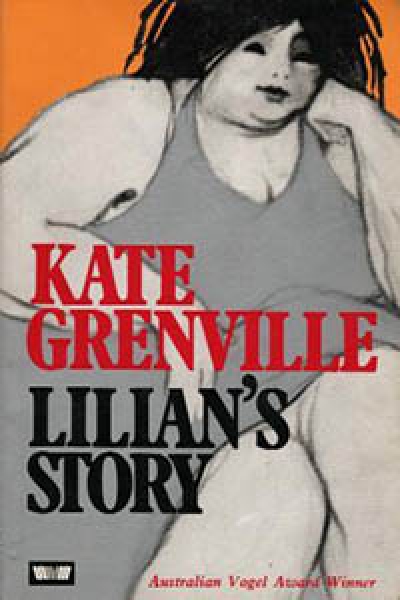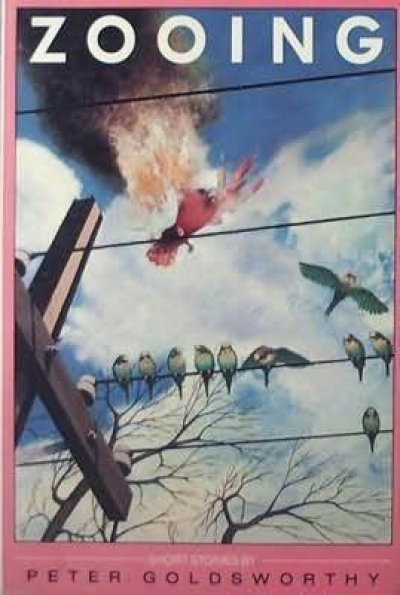Short Stories
Sign up to From the Archive and receive a new review to your inbox every Monday. Always free to read.
Recent:
The Night We Ate the Sparrow: A memoir and fourteen stories by Morris Lurie
by Graham Burns •
Unsettled Areas: Recent South Australian short fiction edited by Andrew Taylor
by Sandra Moore •
Lilian’s Story by Kate Grenville & Bearded Ladies by Kate Grenville
by Marian Eldridge •
People produce art to explain and honour the life they know, and to many the short story is a logical medium for that expression. The more futuristic art gurus, however, believe that printed pages are destined for extinction as an art form and that the short story will be first on the Dodo list.
... (read more)Stories from Suburban Road: An autobiographical collection by T.A.G. Hungerford
by Andrew Sant •
Archipelagoes by Peter Goldsworthy & The Harlots Enter First by Gerard Windsor
by Mary Lord •











